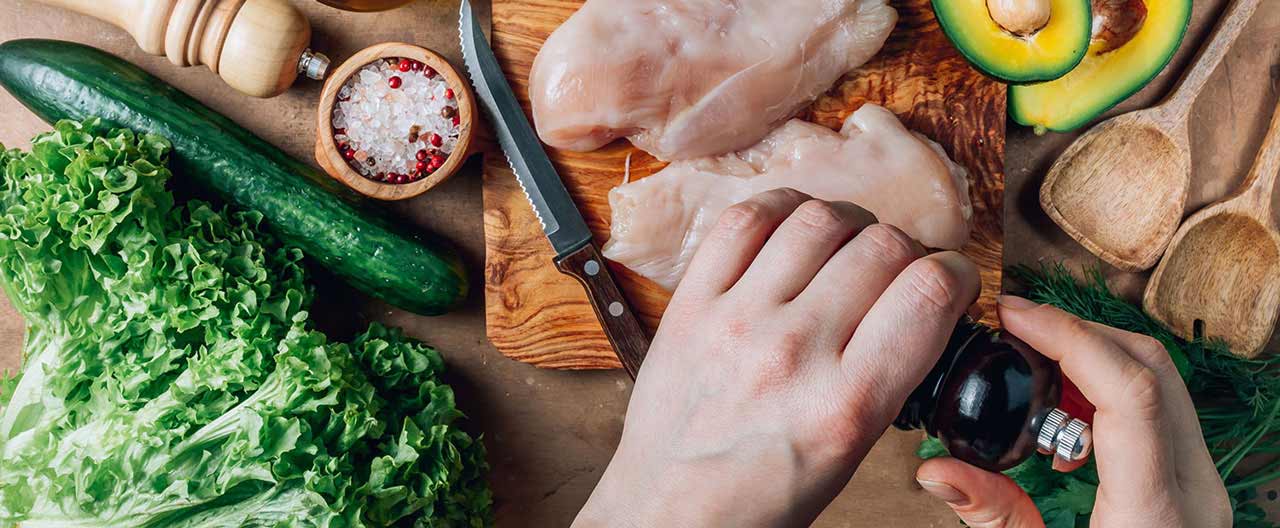- Individuals & Families
- Businesses
- Agents & Brokers
- Embedded Insurance

Chubb ranked #1 for Customer Satisfaction with the Home Insurance Claims Experience

Chubb ranked #1 for Customer Satisfaction with the Home Insurance Claims Experience

Chubb ranked #1 for Customer Satisfaction with the Home Insurance Claims Experience

Chubb ranked #1 for Customer Satisfaction with the Home Insurance Claims Experience

Because pets are family, Chubb now offers pet insurance with top-rated coverage from Healthy Paws.

Chubb offers the insurance protection you need for travel’s many “what ifs”.

Chubb protects small businesses at every stage – from newly formed start-ups to long-time anchors of the community.

Stay ahead of cyber threats with our free Cyber Claims Landscape Report.

Learn more about our dedicated learning paths, Online Learning Center, and more.



Many digital-savvy consumers look for it as a core or add-on option.

Many digital-savvy consumers look for it as a core or add-on option.

Many digital-savvy consumers look for it as a core or add-on option.

Chubb’s in-house technology makes it easy to integrate what we do into your customer experience.
-
About
-
Claims
-
Login & Pay Bill
For Agents & BrokersFor Travel Advisors
-
Back
There’s nothing better than a home-cooked meal, yet the kitchen can be a dangerous place. According to the National Fire Protection Association, in 2010-2014, U.S. fire departments responded to more than 166,000 fires due to cooking equipment each year. Find out what the most common kitchen-mishaps are and learn how to prevent them to avoid chaotic meal times (and costly kitchen repairs!)
Undercooking meat
You probably don’t want to make your own steak tartar unless you’re certain about the quality of the meat. According to the Centers for Disease Control and Prevention, whole cuts of beef, pork, veal, and lamb should be cooked to an internal temperature of 145ºF and ground meats like beef and pork and all poultry should be cooked to 160ºF to kill the germs that can make you sick.
Sparking a microwave fire
These days, nearly all U.S. households (92%) own a microwave oven1 and many meals can be made there, quicker and easier than using a typical stove. But, you need to make sure you’re not using metal. Heating up metal in a microwave can cause sparks that can turn into a kitchen fire.
Cutting your hand while slicing a bagel
BRIs (an actual medical acronym for bagel-related injuries) ranked as the fifth most dangerous kitchen activity in 2011.2 To avoid cutting yourself (and be able to enjoy your bagel, instead of going to the emergency room), lay the bagel flat on a work surface, pressing your hand flat on top. Hold a serrated bread knife on the other hand and slice the bagel horizontally, keeping the knife parallel to the work surface.
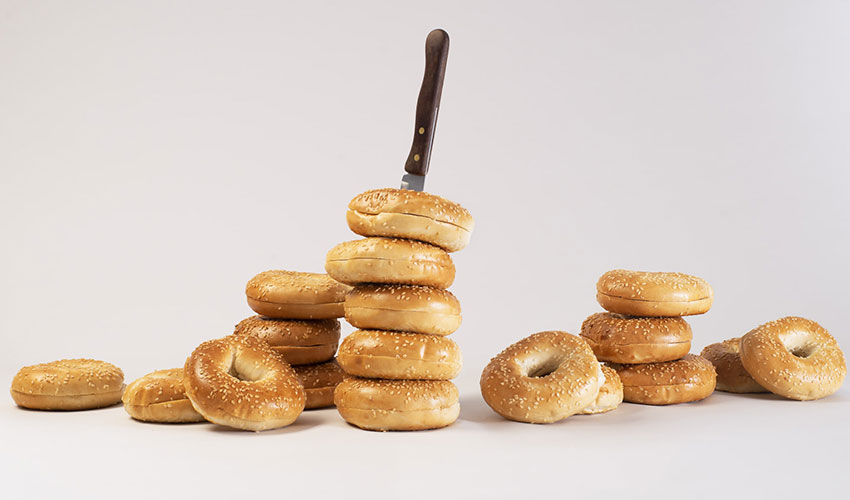
Stinging eyes from hot peppers
While the natural oils from jalapenos may not cause actual damage to your eyes, it sure can hurt! To prevent getting hot pepper oils into your eyes, use rubber gloves when cutting or handling them or coat your hands with vegetable oil before carefully chopping your favorite spicy pepper.
Cross-contaminating food
Getting your weekly Taco Tuesday fix? Because you can contaminate ready-to-eat foods like avocadoes and lettuce with germs from raw poultry, seafood or eggs, be sure to keep them separate by using different cutting boards and utensils.
Starting a fire from grease or crumbs
A clean kitchen is a safe kitchen. So, don’t let grease build up inside your stove or on the burners, as this can start a fire. Dump the crumb tray and clean out the toaster crumbs periodically on your toaster or toaster oven. And unplug and repair or replace any appliances that don’t work properly.
Slipping on a forgotten spill
It may not be easy to wipe up a kitchen spill immediately, especially if you’re in the middle of a time-sensitive recipe or you’ve got other things happening (water boiling over on the stove, butter bubbling over in the microwave, etc.). Just make sure to clean it up as soon as possible, so it doesn’t cause you or a guest to slip and fall.
At Chubb, we know even the most careful home chefs can sometimes have a meal-prep gone awry. That’s why when you’re at your worst, we’re at our best, always treating you with empathy. So if you experience a claim, you’ll want your life back, and to fix and rebuild without hassles, headaches, or delay. Let us raise your expectations of what your homeowner’s insurance can provide.
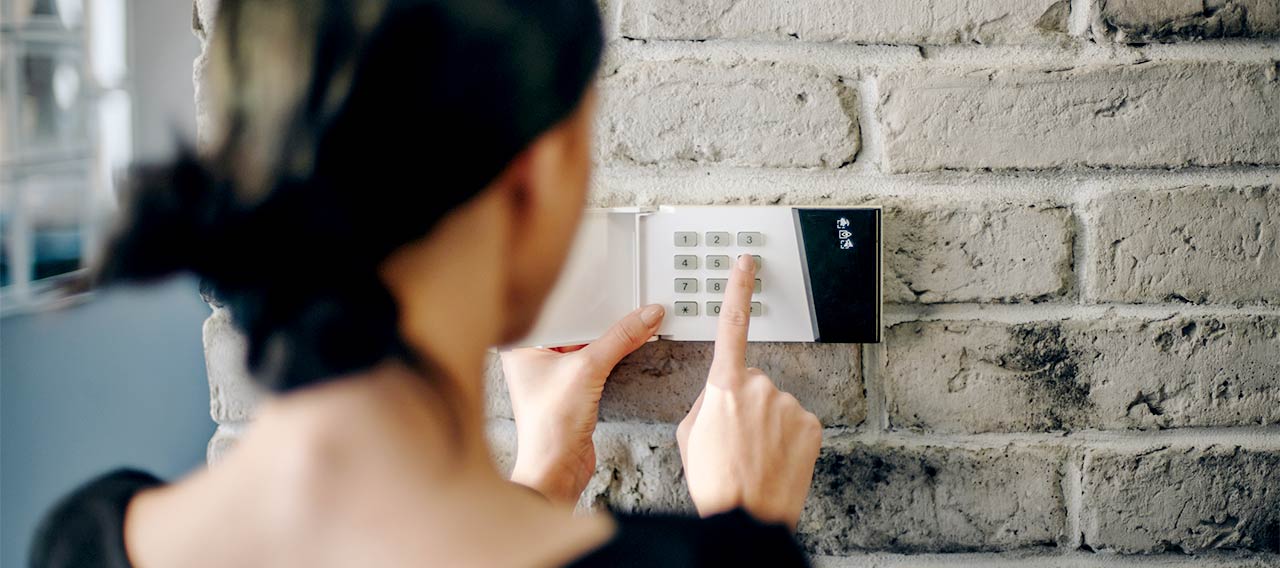




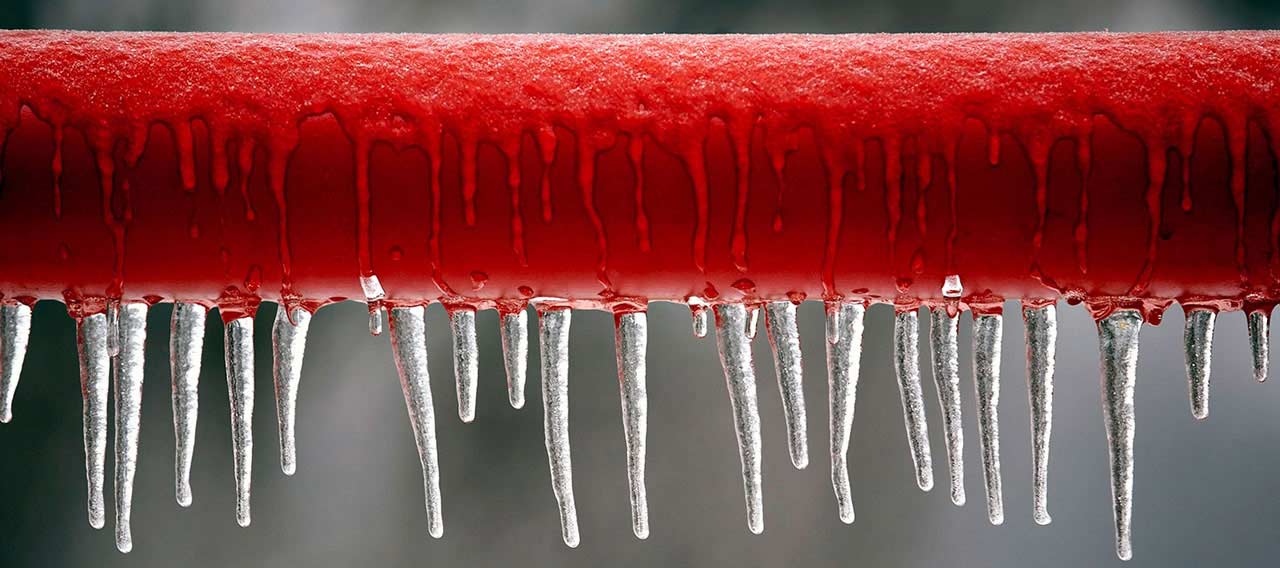

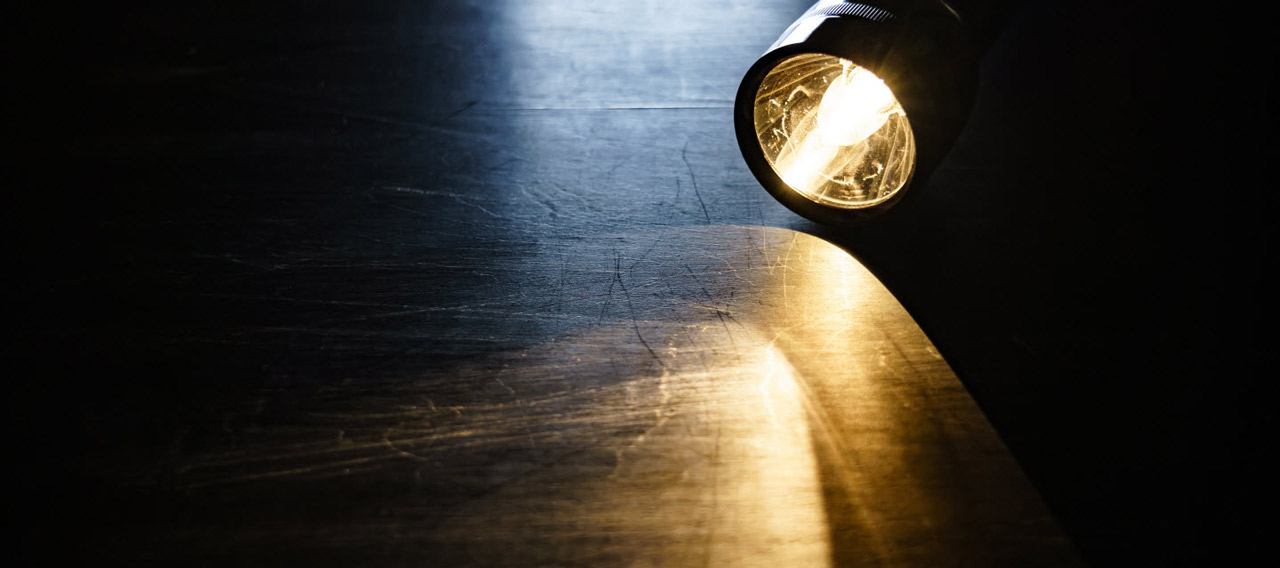
Get a personal insurance quote
Work with an independent agent to get personalized insurance solutions.
This document is advisory in nature and is offered as a resource to be used together with your professional insurance advisors in maintaining a loss prevention program. It is an overview only, and is not intended as a substitute for consultation with your insurance broker, or for legal, engineering or other professional advice.
Chubb is the marketing name used to refer to subsidiaries of Chubb Limited providing insurance and related services. For a list of these subsidiaries, please visit our website at www.chubb.com. Insurance provided by ACE American Insurance Company and its U.S. based Chubb underwriting company affiliates. All products may not be available in all states. This communication contains product summaries only. Coverage is subject to the language of the policies as actually issued. Surplus lines insurance sold only through licensed surplus lines producers. Chubb, 202 Hall's Mill Road, Whitehouse Station, NJ 08889-1600.

